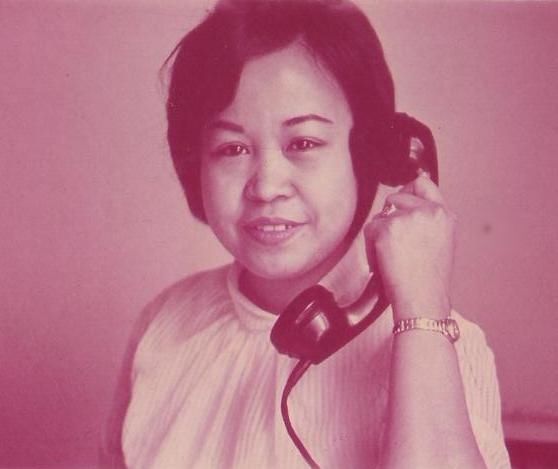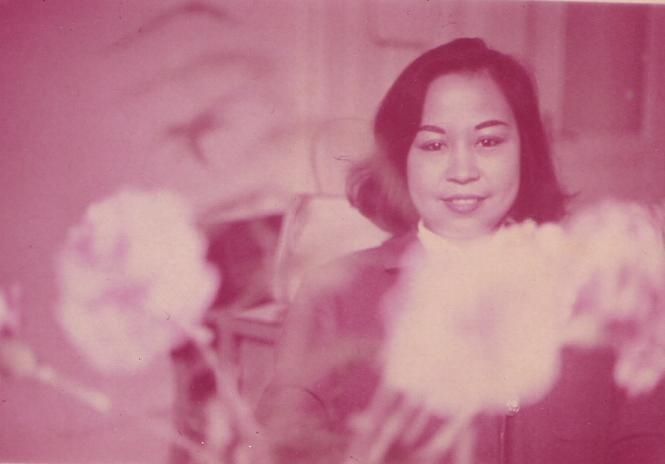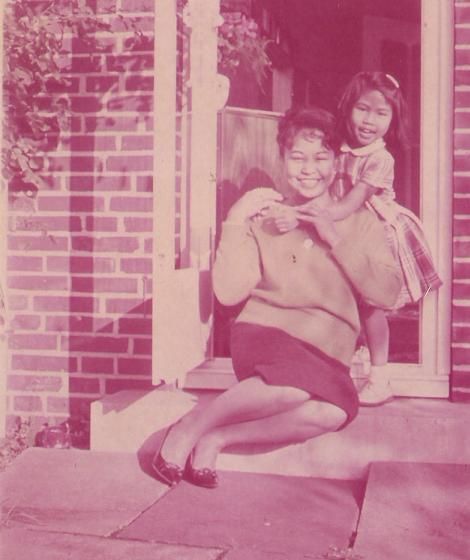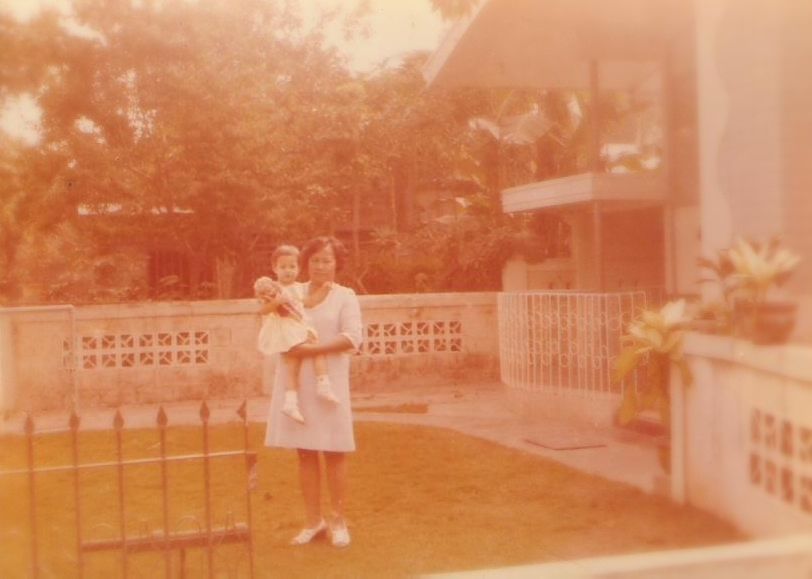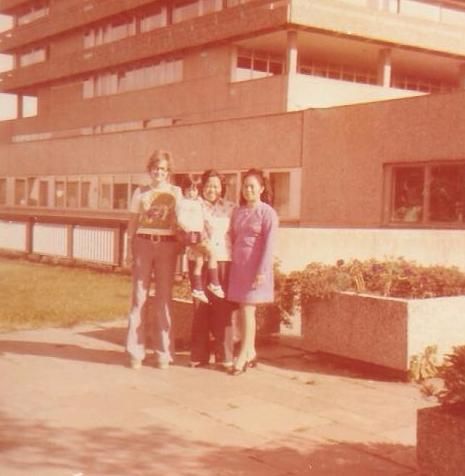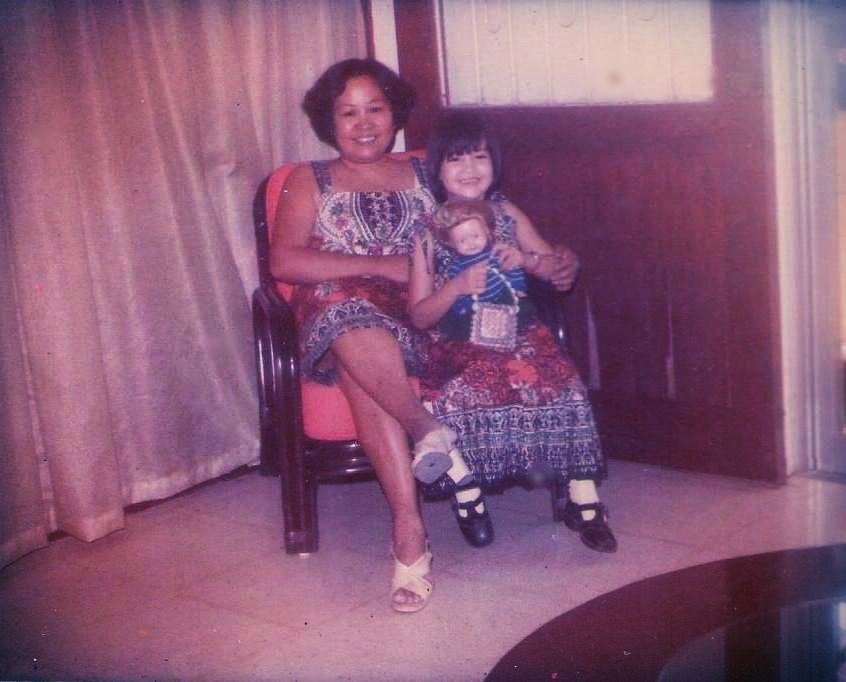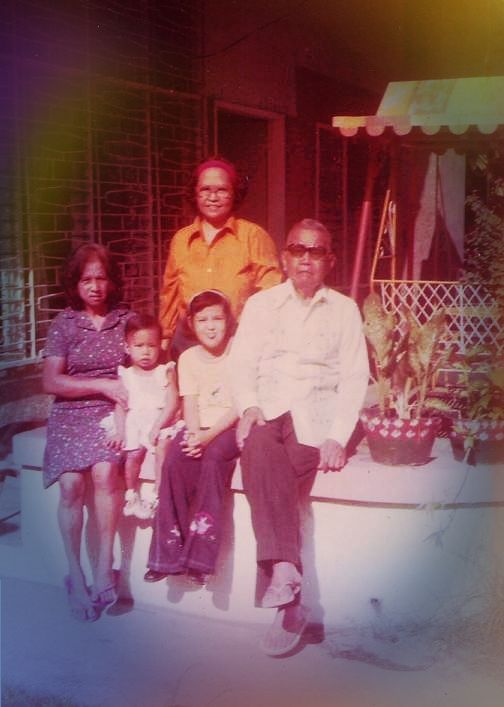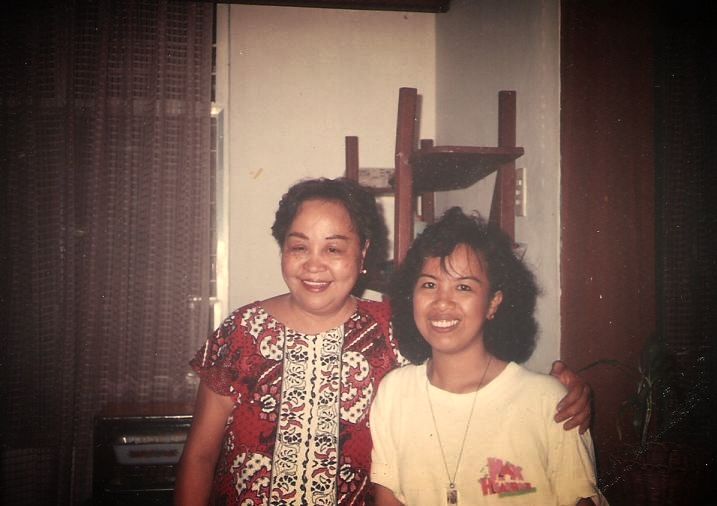"Two men look out from prison bars, one saw the mud, the other was the stars."
"Everyday is a new life to a wise man"
"Our thoughts make us what we are"
“Let's never try to get even with our enemies, because if we do we will hurt
ourselves far more than we hurt them. Let's do as General Eisenhower does: let's never
waste a minute thinking about people we don't like.”
and most of all “Nobody kicks a dead dog”
I got those quotes from the life-changing book I read the summer of 1987 when I was not only nursing a broken heart, but was also getting depressed of my 'reputation' that made me more aloof toward others. It was a major hit for me, no matter how petty it may sound now. I was taking up my back subject for high school Algebra that summer. And though I was already coping up in class, I was still being hard on myself for having that "dumb blonde reputation".
Browsing through the 'boring' books from our library at home, I picked up the book entitled: "How To Stop Worrying And Start Living" The statement caught my attention, and more so when I opened the cover to find my loving uncle's dedication for my mom. Smiling, I suddenly wondered why they gave her the book when she looked to me as managing just fine. I read through the first chapter up to the third, taking notes once in a while. I just couldn't put the book down, it was so good!
So here's my say: In life, you are always filled with choices. You may opt to have a pessimist’s view and live a self-defeated life or you may decide to take the optimist’s route and take a challenging and fulfilling life.
So why nurture an optimist’s point of view?Well, optimism has been linked to positive mood and good morale; to academic, athletic, military, occupational and political success; to popularity; to good health and even to long life and freedom from trauma.
On the other hand, the rates of depression and pessimism have never been higher. It affects middle-aged adults the same way it hits younger people. The mean age of onset has gone from 30 to 15. It is no longer a middle-aged housewife’s disorder but also a teenager’s disorder’ as well.
It pays to be an optimist : Optimists expect the best.The defining characteristic of pessimists is that they tend to believe bad events, which will last a long time and undermine everything they do, are their own fault.
The truth is optimists are confronted with the same hard knocks of this world. What differs is the way they explain their misfortune---it’s the opposite way. They tend to believe defeat is just a temporary setback, that its causes are confined to this one case.
Optimists tend to focus on and plan for the 'problem' at hand. They use 'positive reinterpretation.' In other words, they most likely reinterpret a negative experience in a way that helps them learn and grow. Such people are unfazed by bad situation, they perceive it is a challenge and try harder. They won’t say “things will never get better,” “If I failed once, it will happen again” and “If I experience misfortune in one part of my life, then it will happen in my whole life.”
Optimists are proactive and less dependent on others for their happiness. They find no need to control or manipulate people. They usually draw people towards them. Their optimistic view of the world can be contagious and influence those they are with.
Optimists persevere. They just don’t give up easily, they are also known for their patience. Inching their way a step closer to that goal or elusive dream.Optimists are healthier and live longer.Medical research has justified that simple pleasures and a positive outlook can cause a measurable increase in the body's ability to fight disease.
Optimists’ health is unusually good. They age well, much freer than most people from the usual physical ills of middle age. And they get to outlive those prone to negative thoughts.
These are just a few ideas I gained from How To Stop Worrying And Start Living by Dale Carnegie. I recommend his books so much!































